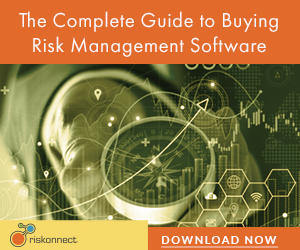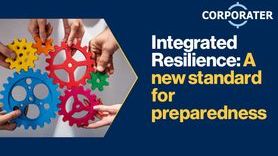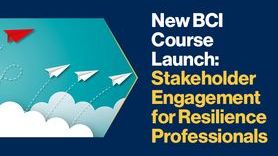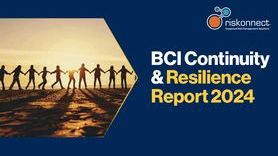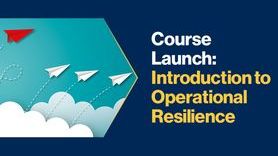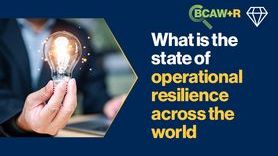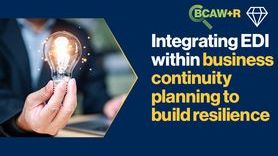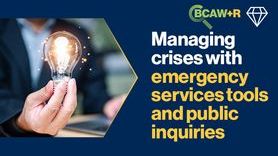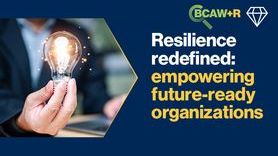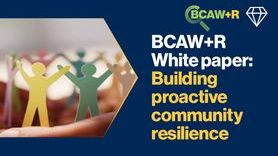South Africa’s election shake up: Political effects on organizational resilience
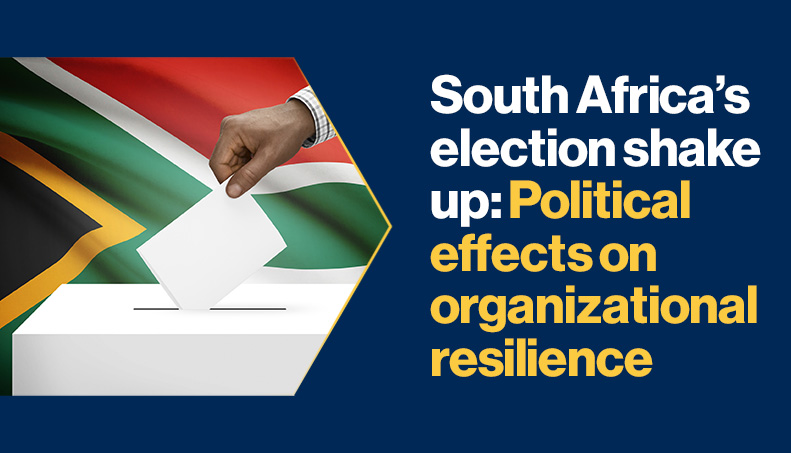
A new South African power-sharing coalition government was announced on 14th June following two weeks of negotiations.
After an unprecedented election result in which the African National Congress (ANC) lost its majority for the first time in 30 years, a new South African Government of National Unity has formed from the ANC and three other parties - the Democratic Alliance, the Inkatha Freedom Party, and the Patriotic Alliance. The incumbent ANC leader, Cyril Ramaphosa, remains as President following backing from the Democratic Alliance, the second biggest party in the coalition.
This is the first time the ANC, which first came to power in 1994, has lost its majority, and uncertainty around a new government structure has weighed on minds of the business continuity professionals in the region. Election disruption and its potential risks are not new topics for South Africa, but a new government structure poses possible new types of risk. In response, practitioners have focused not only on the immediate risks an election poses, but also on the longer-term implications of a shared government, believing new geopolitical, economic, and societal threats may arise or potentially exacerbate current issues.
Economic downturn or uncertainty are high on the list of these potential adverse effects. Economic risks include the financial impacts of investor hesitancy, delayed economic development, and unexpected expenses due to the unavailability of infrastructure or supplies. In addition, trade union industrial actions in response to government policies may prevent access to office locations, reduce staff availability, and cause disruptions to supply chains. Other risks under consideration include civil unrest if government corruption is suspected, or if the electorate feel their new government has failed to address high unemployment and the lack of basic services in a timely fashion. Civil unrest poses a physical threat to staff, places of work, and services including power, essential supply lines, and transportation – all of which threaten an organization’s ability to carry out ‘business as usual’.
As such, practitioners in South Africa are conducting regular risk assessments to identify emerging risks and vulnerabilities as they arise, regularly reviewing business continuity plans to accommodate these new threats, and reviewing and updating resilience strategies to ensure they remain relevant and effective. Other mitigation strategies include regular reviews and diversification of supply chains to mitigate shortfalls caused by potential port and railway service disruptions, and collaboration with partners, suppliers, and industry associates to share information and best practice.
However, such a shock change to South Africa’s government is unlikely to be unique in a year when more voters than ever before are heading to the polls globally. Therefore, practitioners should consider not only preparing robust plans for their own regions, but also plan for potential disruptions caused by other regions’ elections. This is a particularly relevant threat topic for 2024 when an exceptional number of elections are due to take place across the world.
The BCI Southern Africa Chapter aims to spread business continuity and resilience awareness to organizations and individuals across Southern Africa to ensure a resilient culture is embedded across all industries. You can find out more about this active and involved group by following the link below.


